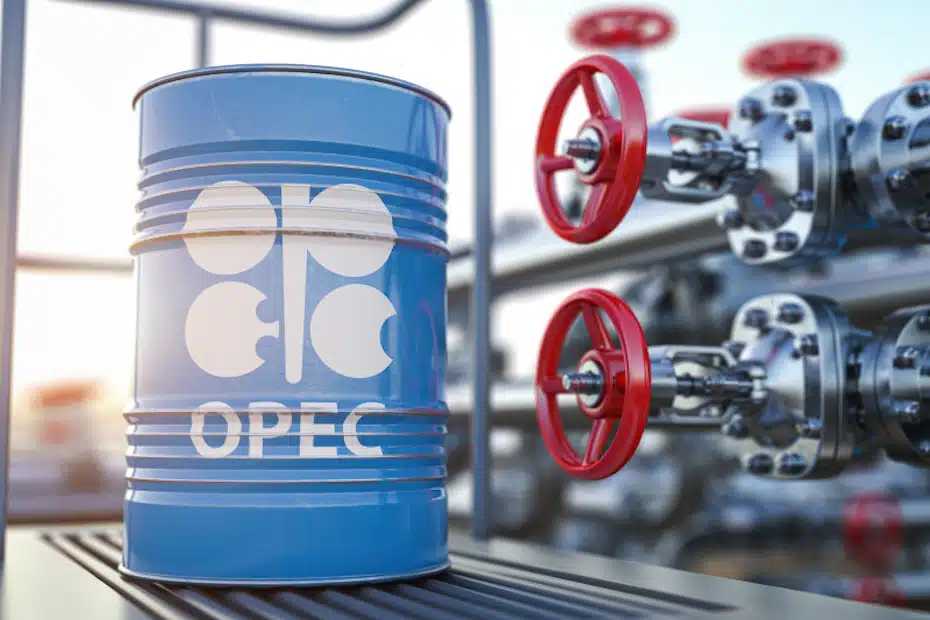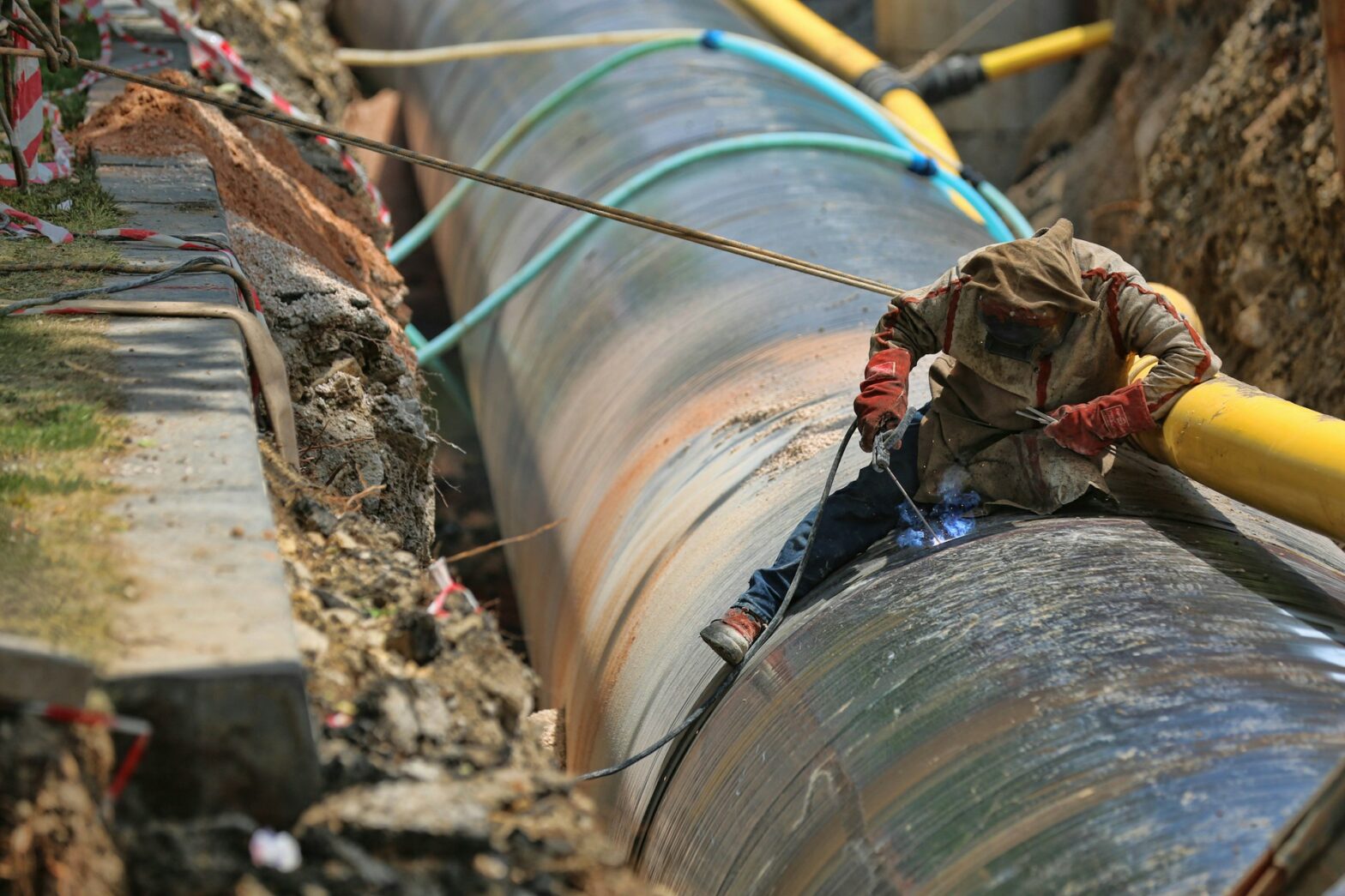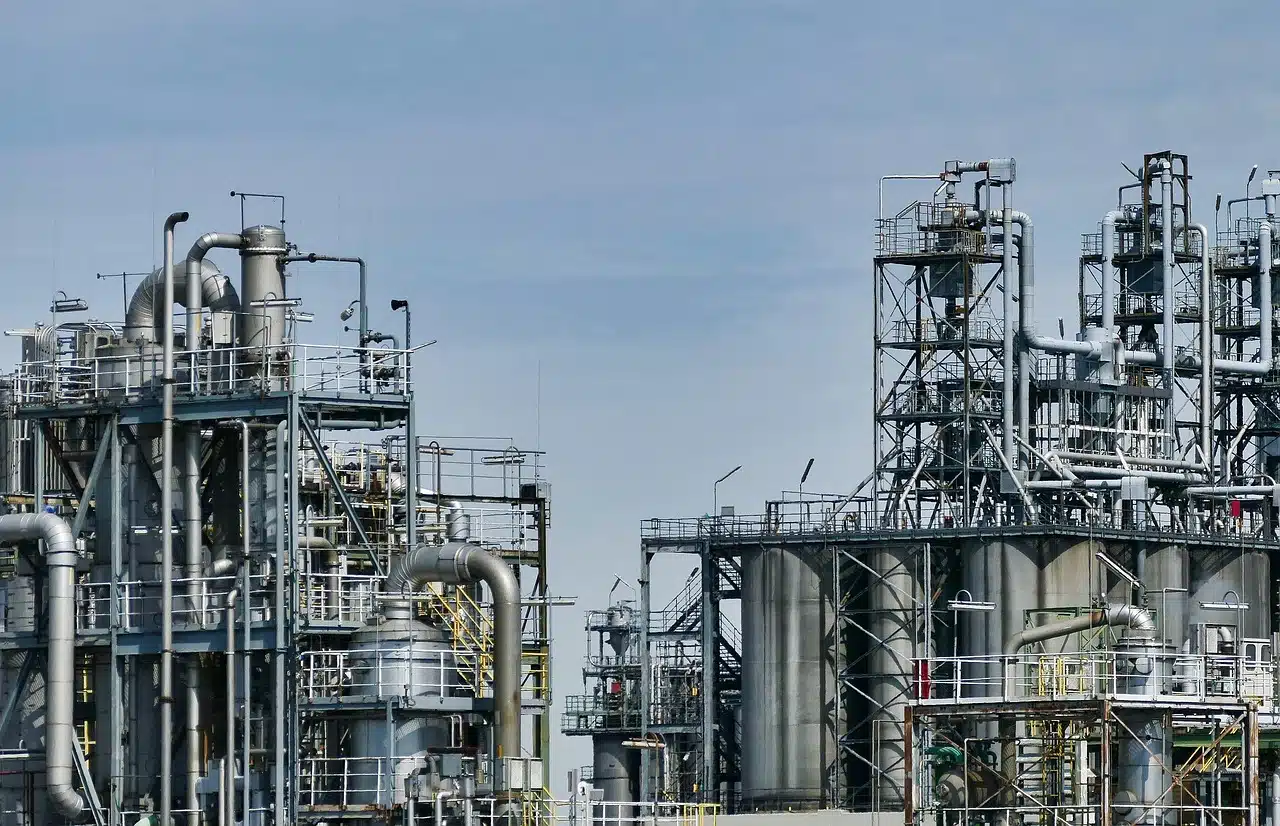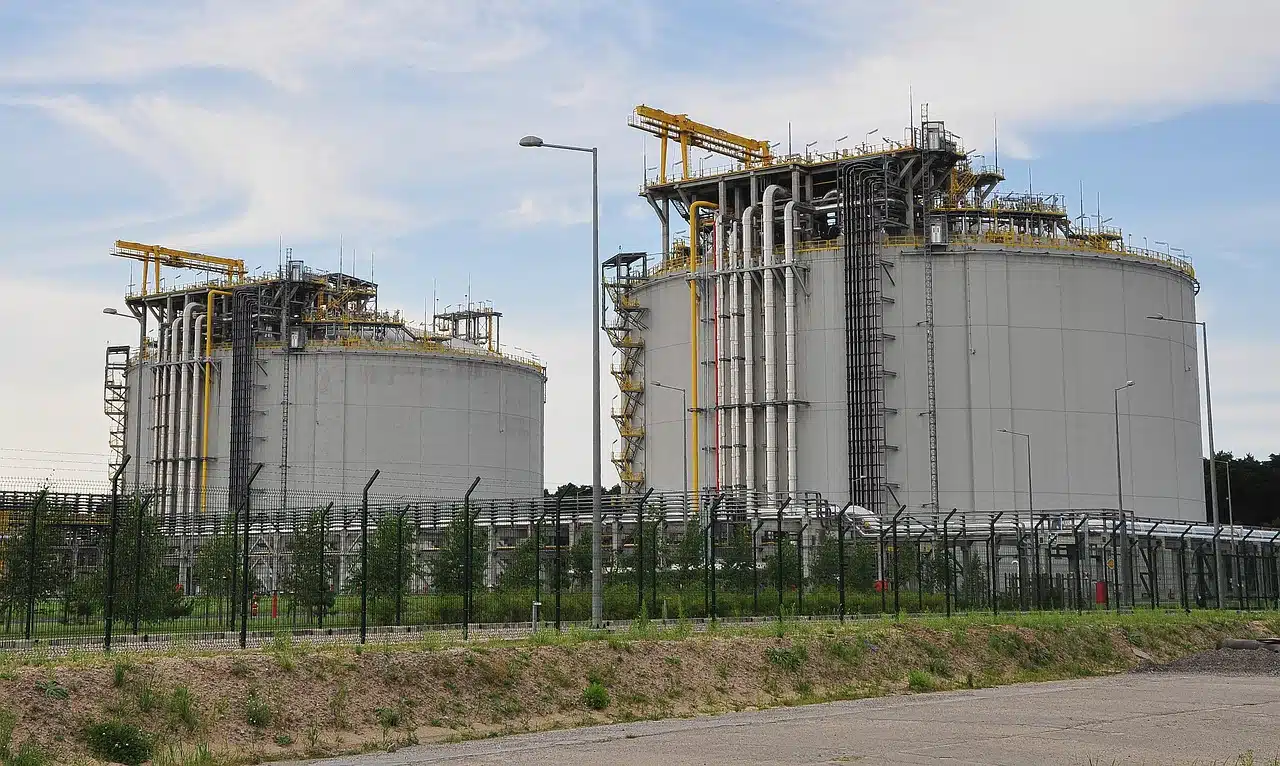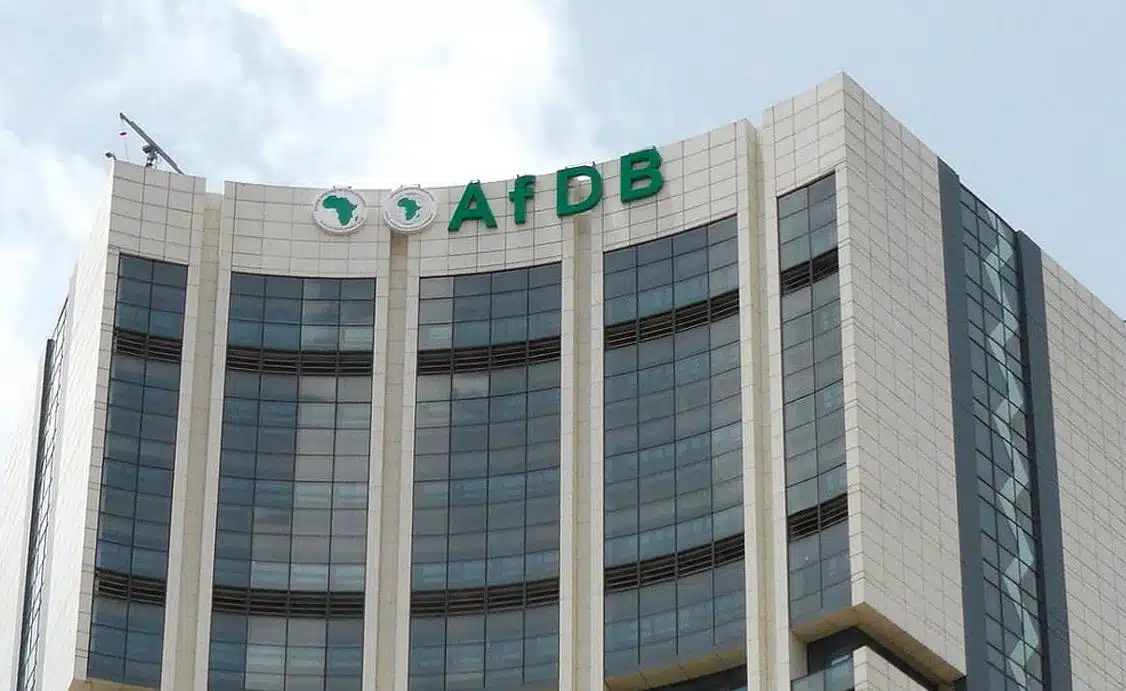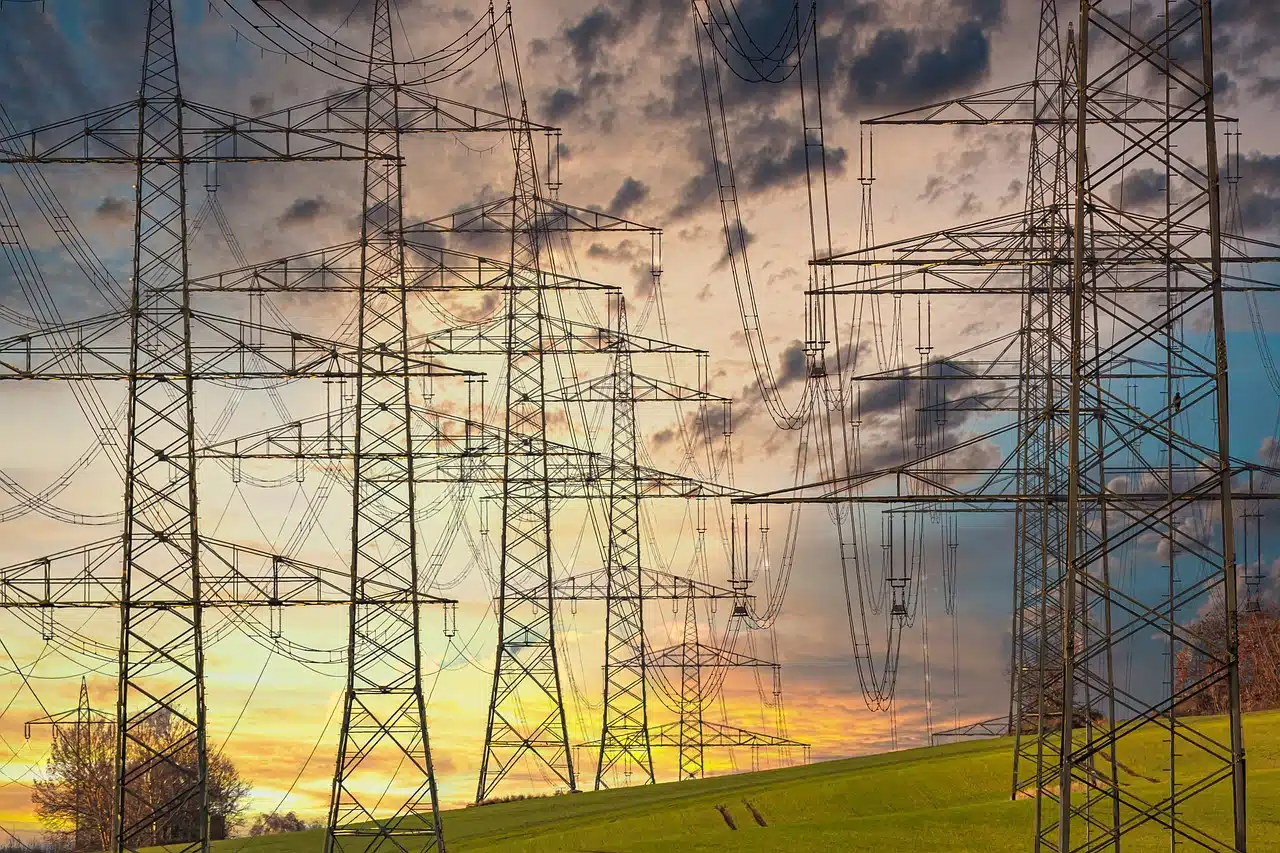The Organization of the Petroleum Exporting Countries (OPEC) has maintained its forecast for robust global oil demand growth in 2025 and 2026, projecting increases of 1.45 million barrels per day (bpd) and 1.43 million bpd, respectively, in a monthly report released Wednesday.
The organization cited sustained air travel, road transportation, and economic resilience as key drivers, dismissing concerns that potential US trade tariffs under Donald Trump’s presidency would derail growth.
While acknowledging heightened market uncertainty due to U.S. trade policies, OPEC maintained its 2025 global economic growth forecast, stating, “So far, tariffs are not anticipated to materially impact underlying growth assumptions.”
The report warned, however, that protectionist measures could distort supply-demand balances unrelated to market fundamentals.
“It remains to be seen how and to what extent potential tariffs and other policy measures will play out,” OPEC said in the report.
OPEC’s demand outlook contrasts sharply with the International Energy Agency (IEA), which predicts 2025 demand growth of 1.05 million bpd. The gap reflects their opposing views on fossil fuels.
OPEC expects oil use to keep rising through 2045, while the IEA foresees peak demand this decade amid the clean energy transition. Notably, their 2025 demand gap has narrowed compared to 2024, when disagreements over the energy transition’s pace led to a record disparity.
Oil prices showed muted reaction to the report, with Brent crude hovering near $76 a barrel.
OPEC+, comprising OPEC and allies like Russia, has enforced production cuts since late 2022 to stabilize markets.
The report underscores OPEC’s confidence in oil’s enduring relevance despite climate policies, though tensions with the IEA highlight ongoing uncertainty over global energy priorities.
This report comes on the heels of the meeting of OPEC energy ministers to discuss any possible changes to oil production in response to President Trump’s appeal for lower oil prices.
Analysts suggest that OPEC+ may be cautious in altering production levels solely based on external political pressures.
OPEC+ members are currently holding back 5.86 million barrels per day of production, or about 5.7% of global demand, after agreeing to cut production in 2022 due to weaker-than-expected demand and the need to stabilise the market.
Over the years, OPEC+ has prioritised price moderation, maintaining a strategic approach to safeguard member nations’ revenues.

